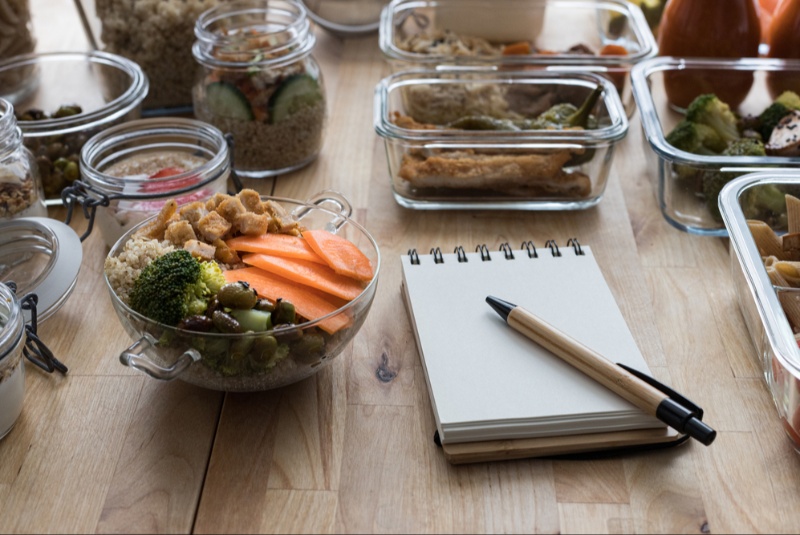Traveling during peak season can feel like a financial challenge. Prices rise, crowds grow, and everything—from flights to meals—seems designed to stretch your budget. Yet, peak-season travel also brings the best weather, full attractions, long daylight hours, and vibrant local events. The key is knowing how to navigate these high-demand months without overspending.
With the right strategies, you can enjoy a memorable peak-season trip while keeping your wallet intact. Whether you’re planning a summer getaway, a holiday trip, or a major festival adventure, these money-saving hacks will help you avoid inflated prices, beat the crowds, and make the most of peak travel periods.
Book Your Trip Far in Advance
In peak season, last-minute deals are rare. Planning early is the strongest money-saving strategy you have.
Booking ahead gives you better prices on:
-
Flights
-
Hotels
-
Rental cars
-
Tours and excursions
-
Train tickets
Prices often rise gradually as demand increases. Booking months in advance helps you lock in cheaper rates before the surge begins. Early planning also allows you to choose better schedules and avoid peak travel days that come with extra fees.
Be Flexible With Your Travel Dates
Flexibility can make a huge difference during peak season. Even shifting your trip by a day or two can create enormous savings.
Try to:
-
Depart mid-week instead of on weekends
-
Travel early morning or late at night
-
Avoid holiday eves or major event days
-
Fly the day after a major holiday instead of the day before
Small adjustments can reduce airfare, lodging prices, and crowds.
Choose Less Popular Destinations
During peak season, the most iconic destinations become packed with tourists and skyrocketing prices. Choosing alternative locations can help you save money without sacrificing fun.
Consider:
-
Smaller cities instead of major capitals
-
Underrated islands instead of the most popular beaches
-
National parks that aren’t globally famous
-
Up-and-coming European towns instead of crowded hotspots
-
Neighboring provinces or countries not yet overrun with visitors
Exploring hidden gems gives you a more affordable and often more authentic experience.
Travel Early or Late Within the Peak Season Window
Peak season usually lasts several weeks or months. Traveling at the edges of that period—called “shoulder days”—gives you peak-season weather at off-peak prices.
For example:
-
Visit tropical destinations at the start or end of summer
-
Travel to snowy places just before Christmas or right after New Year
-
Explore Europe in late spring or early autumn instead of July or August
You get similar weather and atmosphere without paying peak-season premiums.
Use Fare Comparison Tools and Set Smart Alerts
Traveling in peak months requires constant price awareness. Compare prices from multiple sources and set fare alerts to catch price drops.
Fare comparison tools help you:
-
See which days are cheapest
-
Compare airlines side by side
-
Find nearby airports with lower fares
-
Catch temporary promotions
Even slight savings on peak-season airfare can make a big impact on your budget.
Avoid Checking Bags Whenever Possible
Peak-season flights are often full, and baggage fees add up quickly. Traveling carry-on only saves money, avoids long waits at baggage claim, and minimizes the risk of lost luggage.
To keep your packing light:
-
Wear your bulkiest items during boarding
-
Use packing cubes
-
Roll your clothes
-
Choose versatile outfits
-
Bring travel-sized toiletries
Every inch of space you save reduces your need for extra fees.
Look for Affordable Accommodation Alternatives
Hotel prices can double or triple during peak season, especially in popular cities. Avoid overpriced hotels by choosing budget-friendly alternatives.
Good options include:
-
Hostels
-
Guesthouses
-
Short-term room rentals
-
College dorms (many open for summer travelers)
-
House-sitting opportunities
-
Farm stays
-
Campsites
These alternatives can offer charming, local experiences at a fraction of hotel prices.
Book Activities and Attractions in Advance
Popular attractions sell out quickly during peak season. Booking tours, museum tickets, and city passes ahead of time prevents last-minute price hikes and long lines.
Pre-booking also allows you to:
-
Compare prices
-
Avoid peak-hour crowds
-
Secure limited-time discounts
-
Ensure you don’t miss major experiences
It’s one of the easiest ways to stretch your peak-season travel budget.
Eat Like a Local Instead of Dining in Tourist Zones
Dining near major attractions is notoriously expensive during peak season. Walk just a few blocks away and prices drop dramatically.
To save money on food:
-
Eat at local cafés instead of tourist restaurants
-
Visit night markets and food halls
-
Buy groceries for breakfast or snacks
-
Pack reusable bottles and drink local tap water when safe
-
Try street food, which is often cheap and delicious
Your wallet—and taste buds—will thank you.
Use Public Transportation Instead of Taxis
Peak season increases demand for taxis and rideshares, pushing prices up. Public transportation is almost always cheaper, often faster, and more reliable during busy travel months.
Benefits include:
-
Saving money
-
Avoiding traffic congestion
-
More predictable schedules
-
A more local travel experience
If public transport passes are available, buy a daily or weekly pass for maximum savings.
Travel in Groups to Split Costs
Traveling with friends, classmates, or family helps you save money by splitting major expenses.
Shared costs may include:
-
Accommodations
-
Transportation
-
Grocery bills
-
Ride shares
-
Equipment rentals
Group travel makes peak-season pricing much more manageable.
Pack Smart to Avoid Buying Essentials at Tourist Prices
Buying items like sunscreen, chargers, toiletries, or snacks at tourist shops during peak season is incredibly expensive. Pack what you need to avoid paying inflated prices.
Essentials to bring:
-
Chargers and power banks
-
Medications
-
Sunscreen
-
Reusable water bottles
-
Snacks
-
Travel-size first-aid kit
Preparation is key to avoiding unnecessary expenses.
Look for Free or Low-Cost Activities
Even during peak season, you can still enjoy many affordable attractions. Free or low-cost activities often include:
-
Local parks
-
Beaches
-
Hiking trails
-
Outdoor concerts
-
Historic neighborhoods
-
Public markets
-
Cultural festivals
-
Free museum days
-
Community events
These experiences add value to your trip without adding to your budget.
Avoid Tourist Traps and Overpriced Souvenirs
Peak-season crowds bring peak-season pricing. Tourist shops near attractions often charge far more than local vendors elsewhere.
You can save money by:
-
Shopping at local artisan markets
-
Buying souvenirs in residential neighborhoods
-
Choosing practical souvenirs instead of gimmicky items
A little walking can save you a lot of money.
Peak-season travel doesn’t need to drain your budget. With thoughtful planning, early bookings, flexible travel dates, and strategic choices, you can enjoy the best of any destination without overspending. From choosing alternative accommodations to eating like a local and splitting costs with friends, small adjustments can make a big difference.
Travel during the busiest months of the year can still be affordable, enjoyable, and unforgettable. With these money-saving hacks, you’ll experience the full energy of peak season—without paying peak-season prices.




